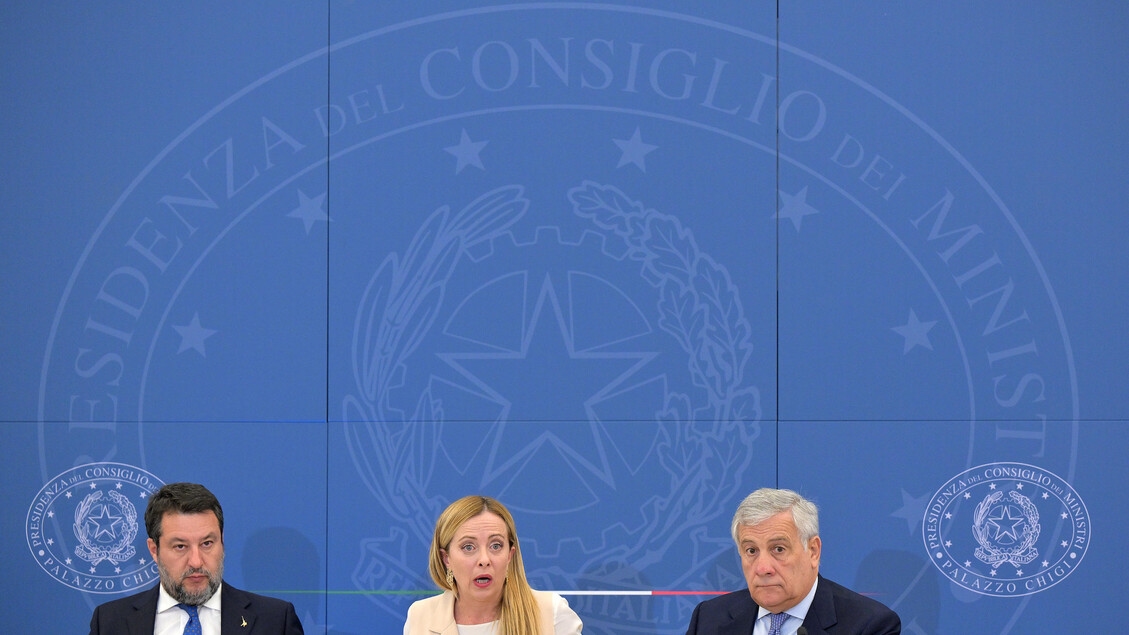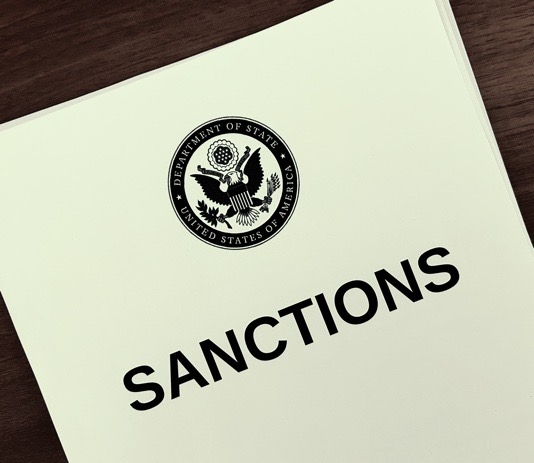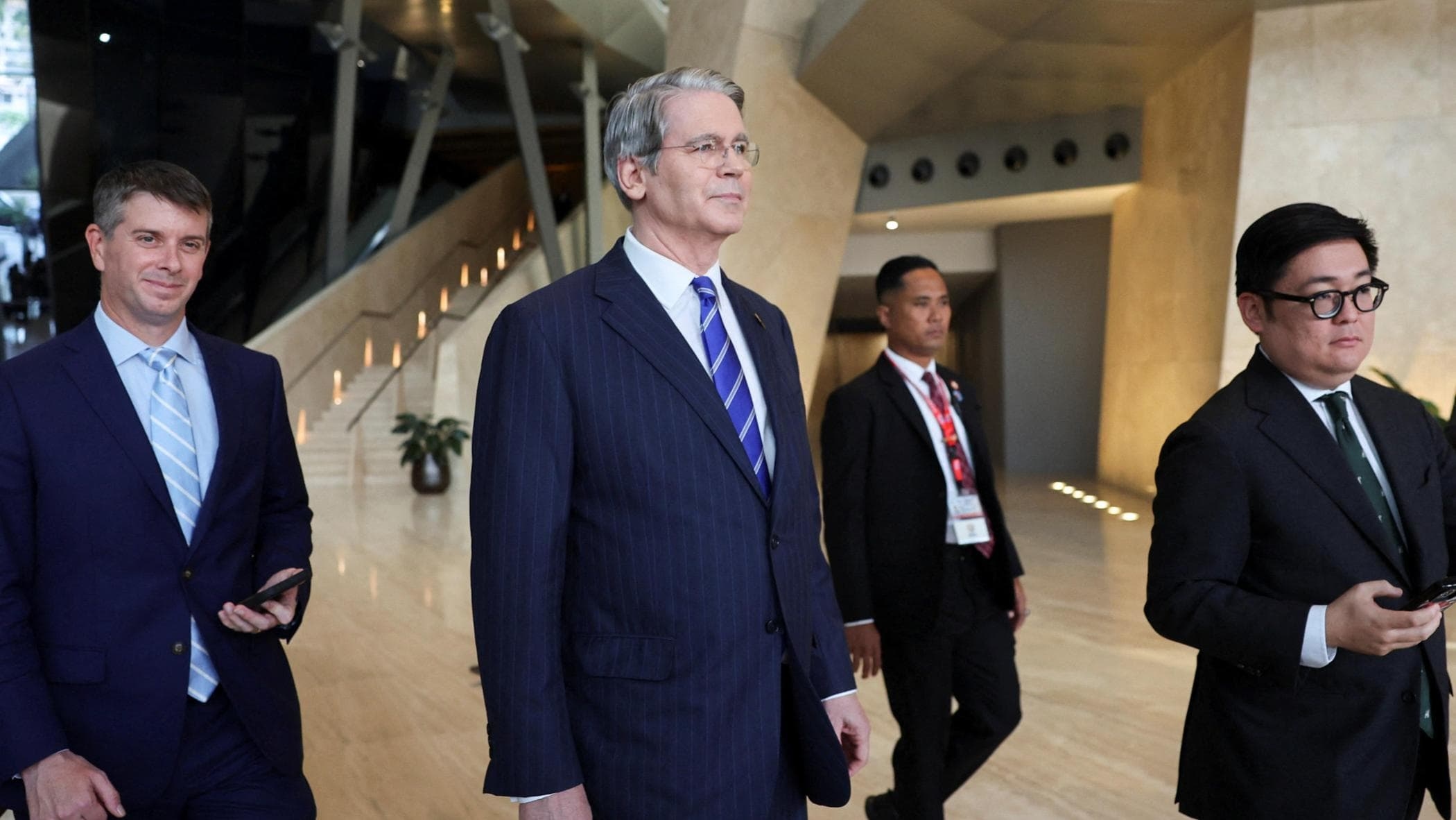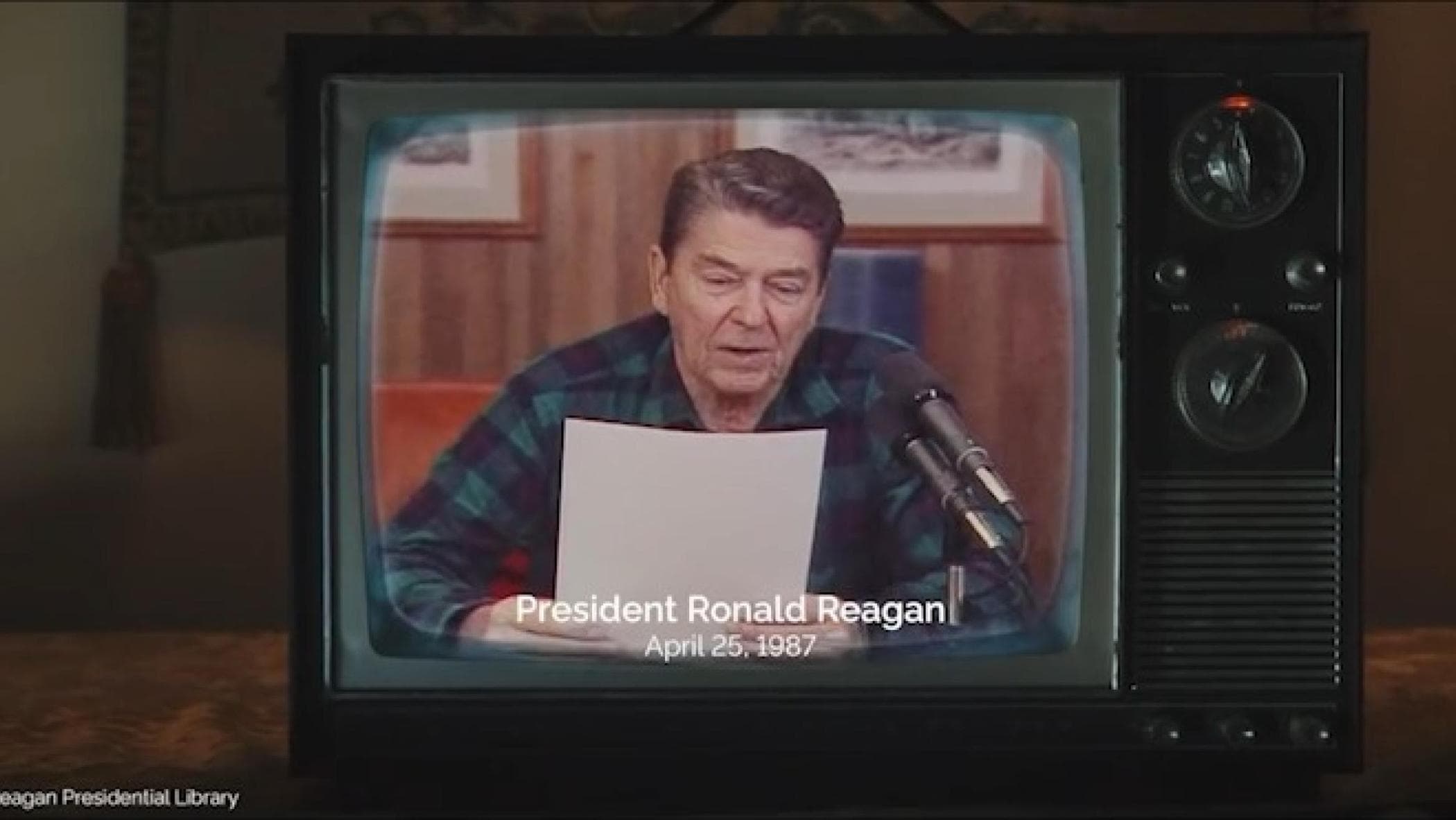Majority summit approaching. The League relaunches its position on banks. Landini ready to strike.

The League is pushing back against banks, Forza Italia is defending them but insisting on short-term rentals, and ministries are worried about cuts: the budget hasn't even begun its parliamentary process, and already there's a need to restore some order. So, to take stock and hold everyone accountable, a new majority meeting is scheduled for the coming days, attended by Prime Minister Giorgia Meloni.
The most widely accepted hypothesis is that the new meeting could be held as early as Tuesday, although it hasn't yet been officially scheduled. Matteo Salvini's party is once again upping the ante, directly attacking bankers: "some" are proving "surprising and irritating." Financing healthcare, families, and businesses should be perceived "as a moral duty," the thesis goes. Hence the promise to be ready in Parliament to propose amendments to "strengthen the contribution" requested from the financial sector.
And Matteo Salvini will discuss the budget law on Wednesday with Treasury Minister Giancarlo Giorgetti in a meeting also attended by League members with economic expertise. Everyone is certain that the governing parties will finally find the "synthesis" needed to move forward. It's natural for "their supporters' spirits to be excited" at this stage, Agriculture Minister Francesco Lollobrigida acknowledges, but "we've never seen such a united government."
The Chamber of Deputies and the Senate will therefore be the places where some measures can be adjusted, is now the other refrain. Provided, however, that the corresponding funding is found. This year, even more than in the past, there is no room for creativity regarding sales: "They must remain unchanged," reiterates Deputy Minister of Economy Maurizio Leo.
And while eliminating the tax on short-term rentals—as Forza Italia demands—is worth €100 million, scaling back the cuts to ministerial budgets is a much more costly affair: €7 billion in total, €2.2 billion next year alone. The hardest hit of the ministries is precisely the one led by Salvini. So, an additional source of funding might be welcome. But the plan to further intervene in the banks certainly doesn't appear easy to implement: reaching an agreement took many weeks of work.
There are, however, concerns that the League is serious. Moreover, it is noted that the new attack comes despite the banking sector's low profile, or even, as in the case of Unipol CEO Cimbri, praise for the "good common ground" found in the budget. "I don't want to get involved in political controversies and election campaigns," said ABI president Antonio Patuelli, urging a focus not only on profits but also on losses and disbursements for the crises that "the banks have paid for themselves in recent years." Not to mention, the Ravenna-born banker noted, that institutions already pay additional tax rates, with a tax on gross income "over 50%."
The banks, however, are not very optimistic about the possibility of reducing the budget, but they would at least aim to confirm the amendments to the text—which arrived with the final, approved version—regarding the two provisions for loan write-offs and interest payments. Banks and housing, but also resources for law enforcement as promised by Defense Minister Guido Crosetto, transportation, and in particular funding for Rome's MetroC line, strengthening family welfare through the book bonus (a favorite of Us Moderates), and the Women's Option (which could see bipartisan support) are other issues that will be at the center of parliamentary scrutiny.
Of course, it's hard to imagine the so-called parliamentary treasure (also worth €100 million) being sufficient, and—the opposition warns—it must under no circumstances be used to cover a new version of the so-called "tip law," as happened last year. The game will only really get going in mid-November, when the amendments will begin to be examined. Meanwhile, the Senate is scheduled to begin its budget session by next week, following the immediate approval of the competition bill.
ansa





